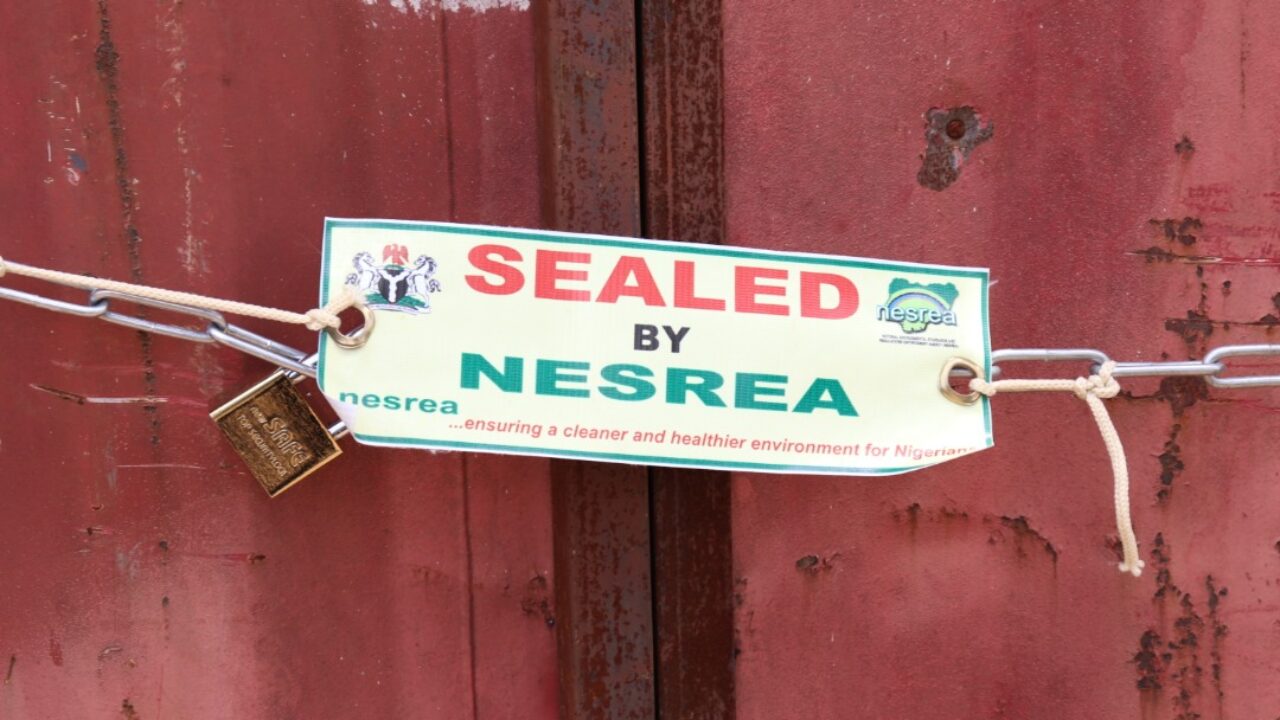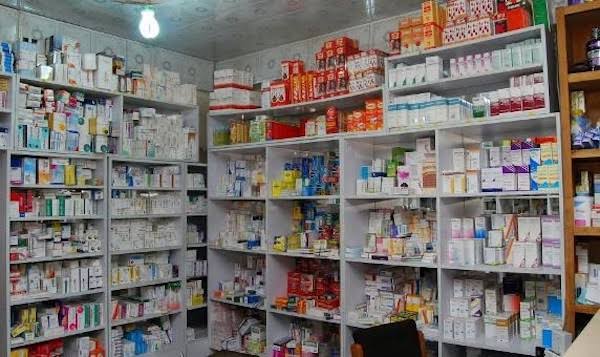NESREA Seals 46 Facilities Across 10 States For Environmental Violation
The National Environmental Standards and Regulations Enforcement Agency (NESREA) has sealed 46 facilities in 10 states of the federation for various forms of environmental violations. According to a statement signed by Assistant Director, Press, Amaka Ejiofor, the enforcement exercise was carried out in Borno, Gombe, Ogun, Enugu, Edo, Osun, Oyo, Plateau, Nasarawa and Taraba States. The facilities were shut down for refusing to comply with the provisions of the National Environmental Regulations. The offences include Violation of the Environmental Impact Assessment Act, lack of an Environmental Audit Report, and failure to develop and implement an Environmental Management Plan.












